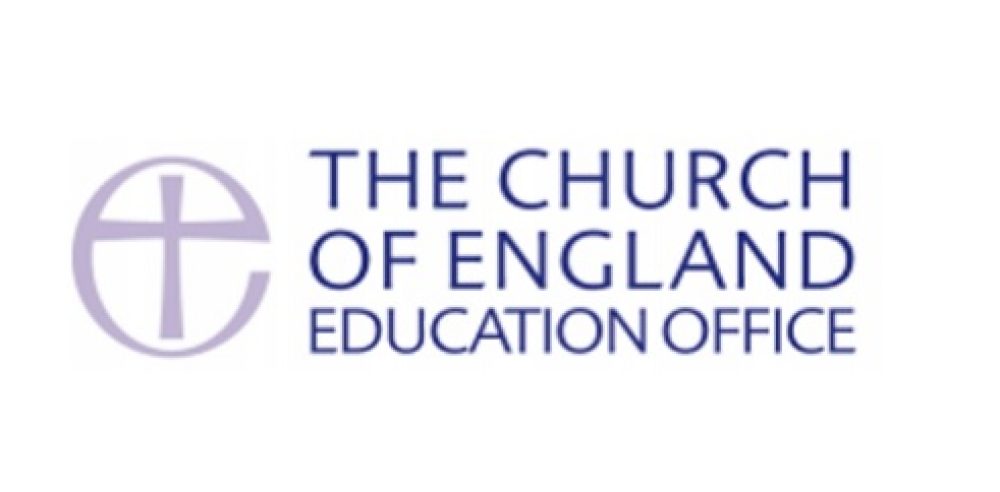The number of Church of England (CofE) free schools is set to increase by more than 10-fold under new proposals that would see the church open a quarter of the government’s planned free schools over the next four years.
The church’s “vision for education” was unveiled at the general synod this weekend, with a report outlining plans to open 125 free schools by 2020. It currently runs 11 free schools, and said opening more will allow the church to “shape and enhance” its provision.
The government has pledged to open 500 new free schools by 2020, and the church’s new expansion will meet a quarter of this promise.
But the proposals have come under criticism from the British Humanist Association (BHA), which said it was a “cynical attempt by the church to ‘stop the rot’ and boost its numbers through the evangelising of children”.
However the Rt Rev Stephen Conway, chairman of the CofE Board of Education, reportedly told the Synod: “This is a moment to be bold and ambitious and offer more than an apologetic for church schools but a vision for education.”
This is a moment to be bold and ambitious
A total of 13 per cent of children (1 million) currently attend a CofE school in England, although it runs almost 23 per cent (4,590) of schools, according to the latest pupil census. Of those pupils, 1,900 attend the church’s 11 free schools.
The report to the synod said opening more free schools was a “unique opportunity” to “renew and enhance its contribution” to education. It added: “Standing still is not an option: we will either seize the opportunity or our contribution to state education will decline.”
But Andrew Copson, BHA chief executive, said: “Not only are these plans entirely out of step with the beliefs of the population and the wishes of the vast majority of parents, they severely threaten the rights of children to learn with and from those of other religions and beliefs, to be defined by more than simply the religion or beliefs of their parents, and to enjoy a balanced education without fear of discrimination or division.”
Free schools with a faith ethos can only give priority on the grounds of religion to half of their pupils, if oversubscribed. However the New Schools Network, the charity set up to advocate the creation of free schools, earlier this year called for this restriction to be removed stating that it was a “deterrent” to faith groups opening schools.

Copson (left) added: “Creating more ‘faith’ schools when the number of people they can appropriately cater for continues to decline is counter-intuitive and counter-productive, and we will be doing all we can to ensure that the government recognises this by only approving fully open and inclusive schools as part of its free school programme.”
In April, a memorandum of understanding between the church and the government was announced, which set out the role the church will play in the conversion of schools into academies.
Free schools already opened by the church are run by specific church trusts, and it is thought the new free schools would fall under similar sponsors.
However, where schools are deemed underperforming by the government and a decision is made to bring in another sponsor to takeover the school, the memorandum sets out that decisions to place a church school in a non-church trust must be agreed with the relevant church authority.
For CofE schools, RSCs must “safeguard the religious character of the school”, and further provisions exist to remove schools from non-church trusts if their “religious character is at risk”.
Speaking at synod, Stephen Conway, Bishop of Ely and lead bishop for education, said: “With the opportunity to shape and enhance our provision and to influence the debate about what education is for; to open new schools and develop existing schools; and to provide radically new approaches to how we function as a movement for education and train teachers and leaders to share that vision.”
The Rev Nigel Genders, the CofE’s chief education officer, said: “The need to set out our stall in an increasingly fragmented educational scene and where wellbeing of young people is of national concern is clear. Through this vision pupils, parents, new and existing schools and teachers will know how aspiring we are for them and how we will best support them in future years.”







Your thoughts